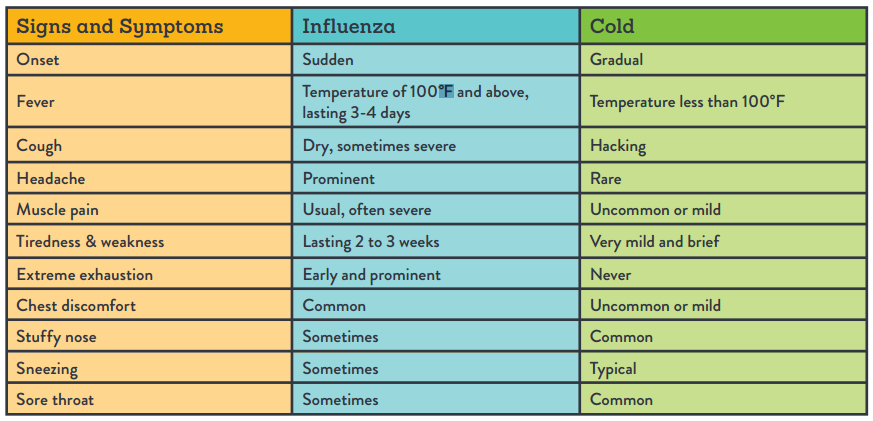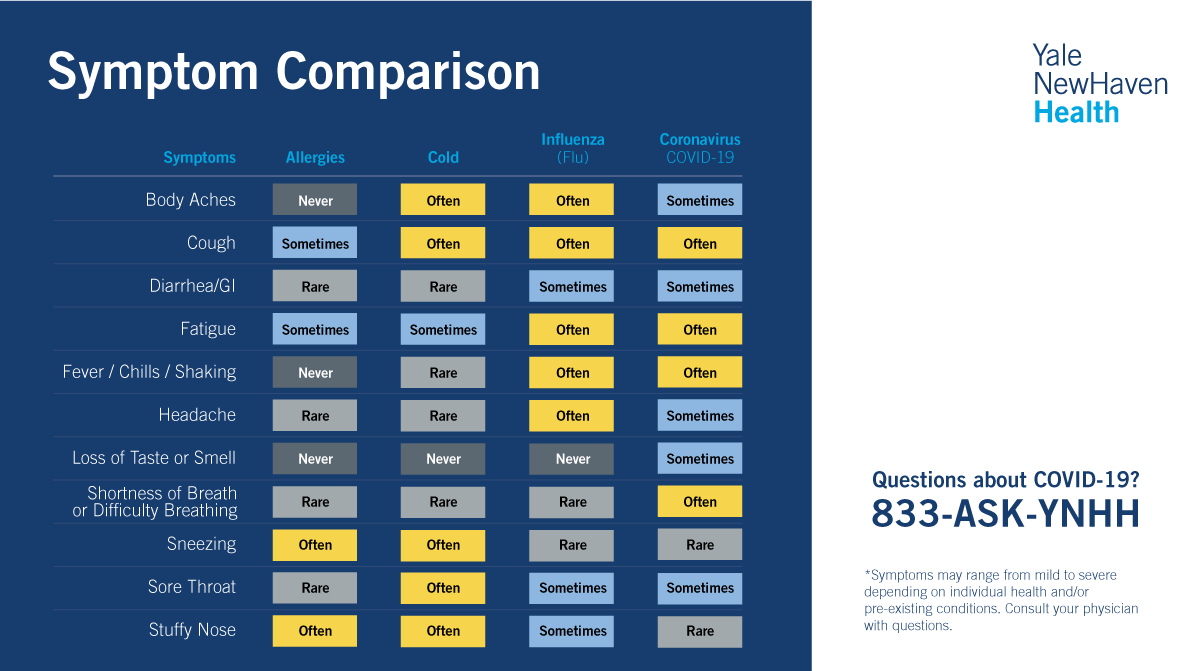Difference Between Influenza A And B Symptoms
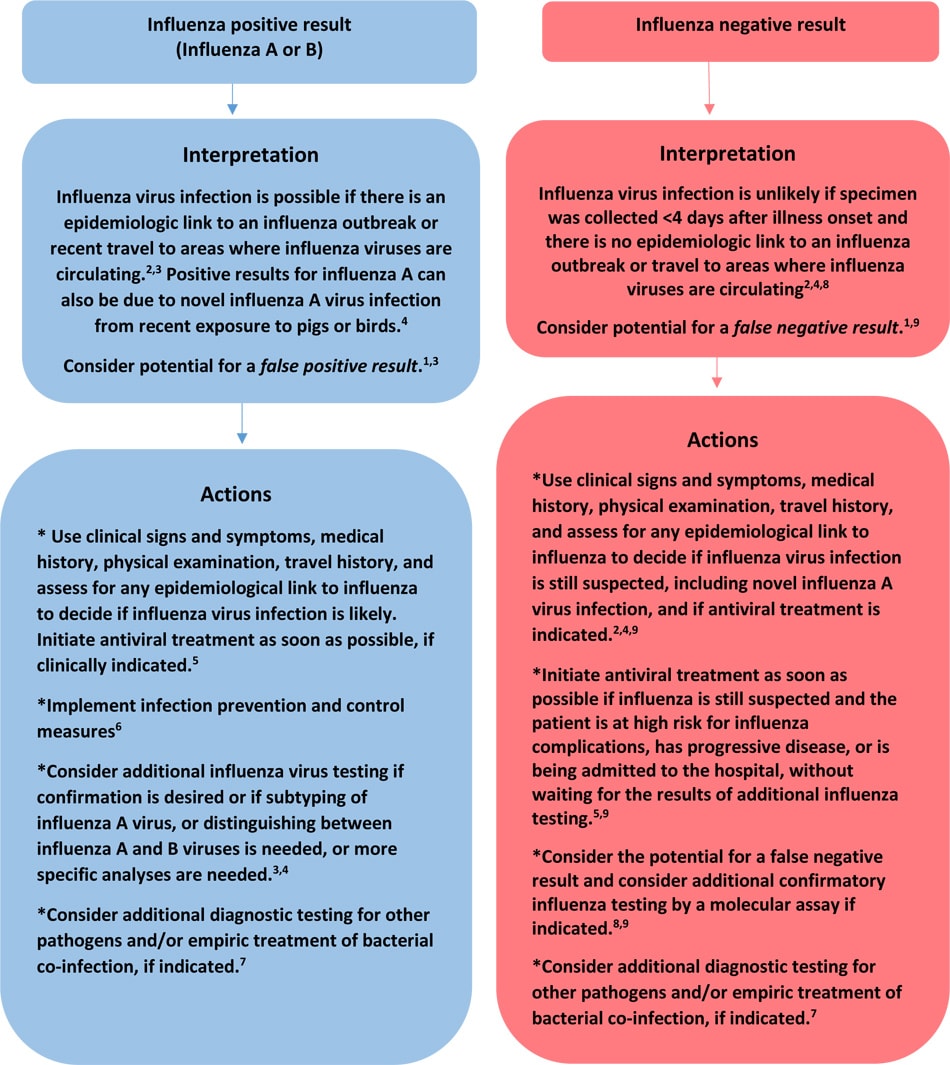
Ways to prevent the flu get a flu shot if you haven t already.
Difference between influenza a and b symptoms. Just as the initial symptoms appear to get better respiratory problems difficulty breathing coughing runny nose begin to appear. According to researchers influenza a viruses are responsible for about 75 of confirmed flu cases while influenza b viruses are behind approximately 25 of confirmed cases. Body and muscle aches. Type b flu may cause a less severe reaction than type a flu virus but occasionally type b flu can still be extremely harmful.
Influenza a is usually the more common form of the virus and tends to circulate early in the season while influenza b is normally less common and shows up late in the season. With covid 19 you may experience loss of taste or smell. Unlike influenza type a this type of flu changes slowly which reduces the risk of it becoming a widespread outbreak like type a. Although influenza type b causes similar sometimes severe symptoms to influenza type a it is not as common.
Strains of influenza b are exclusively contracted by humans while influenza a can be carried and spread by animals however both strains are transmitted mainly by respiratory droplets from coughing and contact with an infected person. An uncomplicated infection with either influenza a or influenza b can cause symptoms that last around one week. But influenza b is highly contagious and can lead to more serious conditions and complications if left untreated. The symptoms of influenza a and b are the same.
Covid 19 symptoms generally appear two to 14 days after exposure. Unlike type a flu viruses type b flu is found only in humans. Influenza b virus infects humans almost exclusively and the only other beings susceptible to influenza b infection is the seal and the ferret. Influenza b symptoms are very similar to those of the common cold.
This season influenza b has been more common and is circulating earlier than in previous seasons. It is less common than influenza a. Some people may still have a cough or feel fatigued after two weeks.
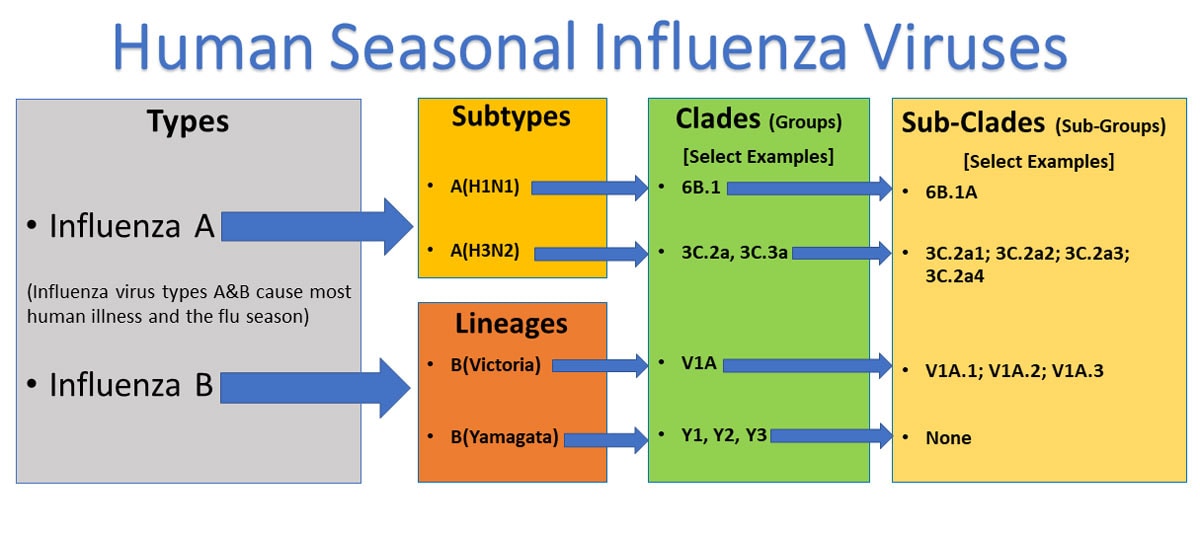
/770484-article-img-influenza1-5a28469f482c520037628e11.png)
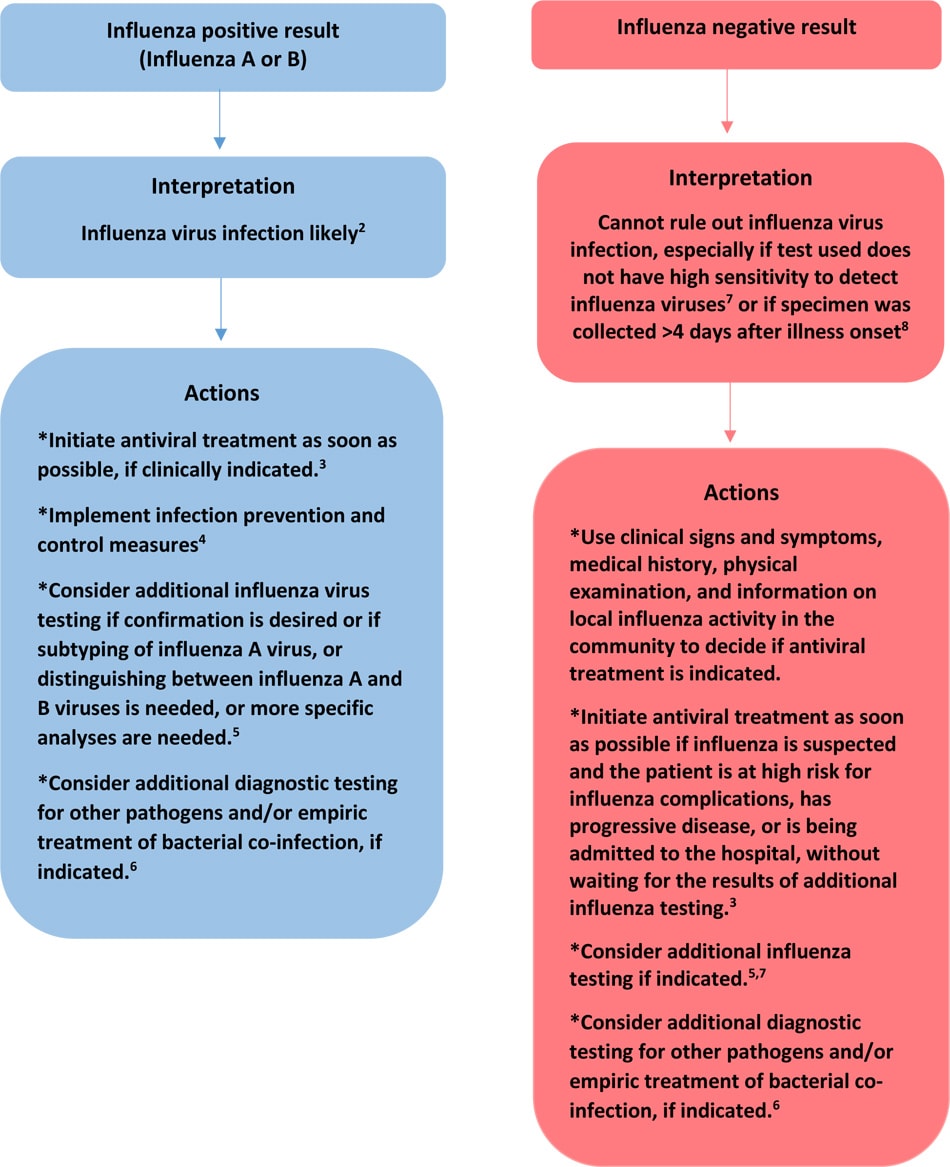

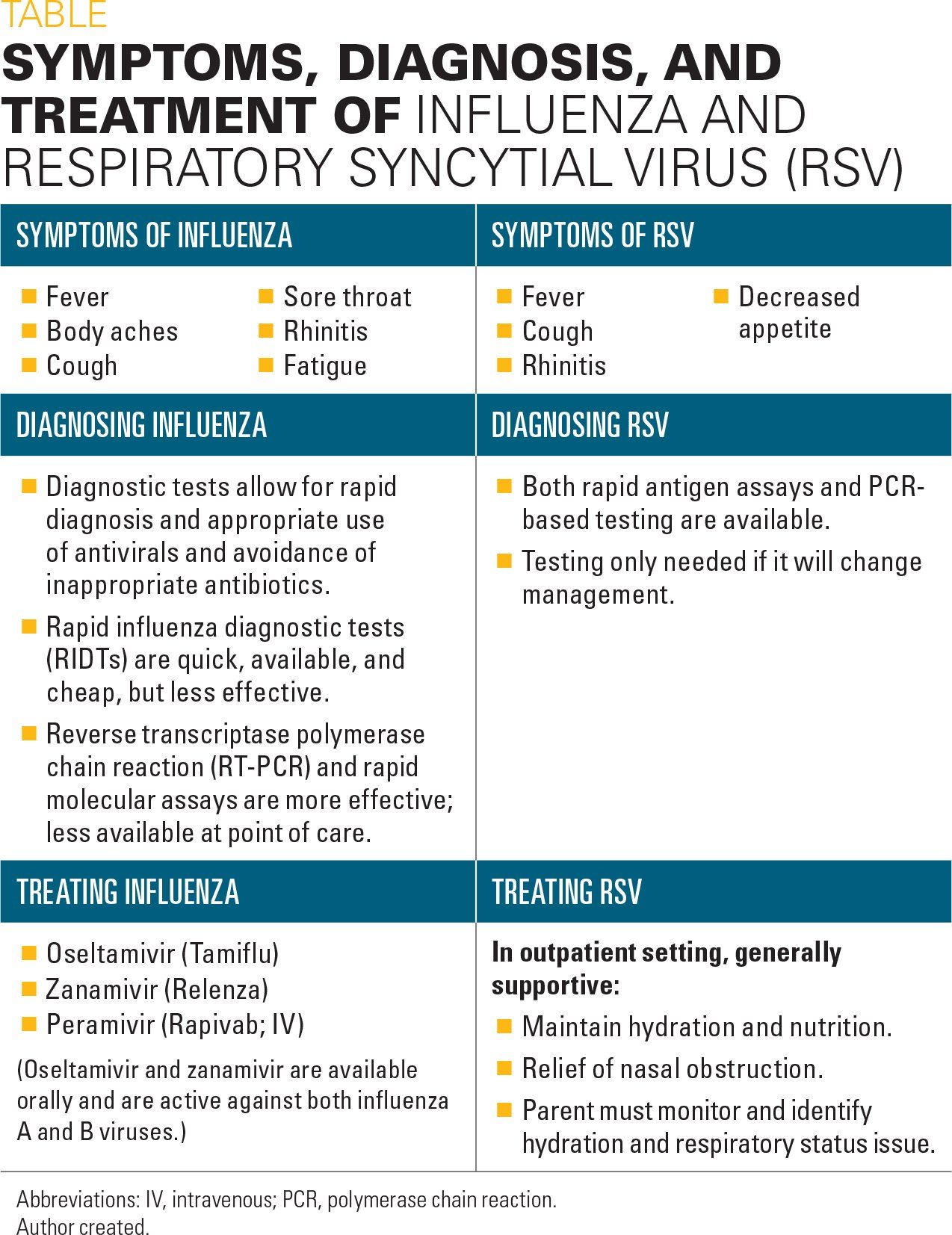


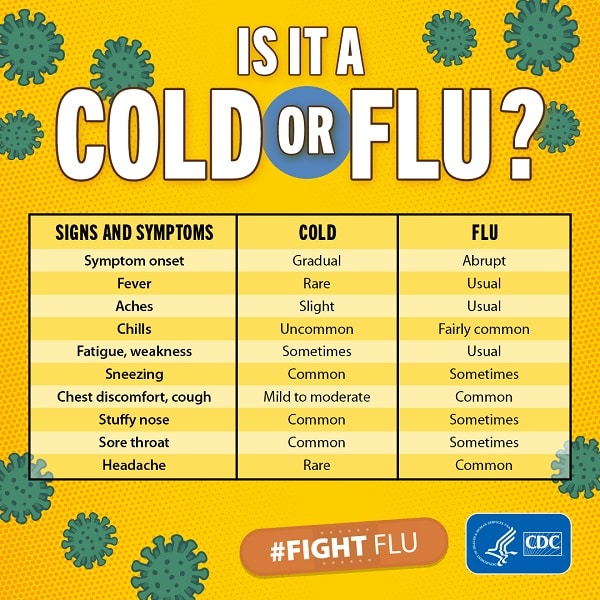





:max_bytes(150000):strip_icc()/coronavirus-flu-differences-4798752-v1-46194f3009ac4f3d80b4078fd180bbb7.png)

